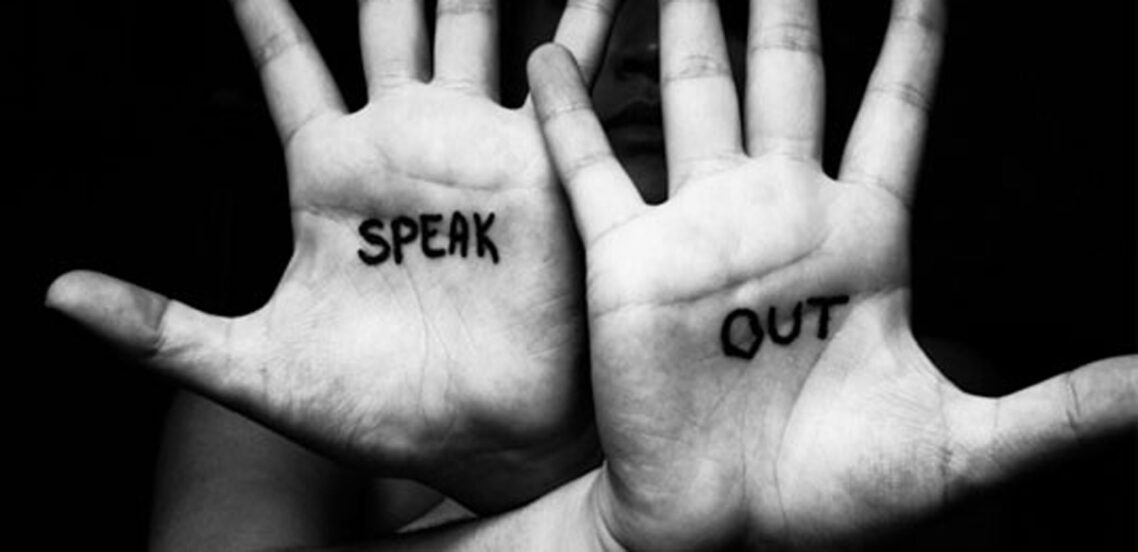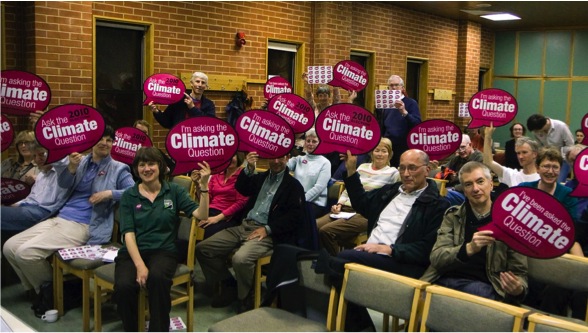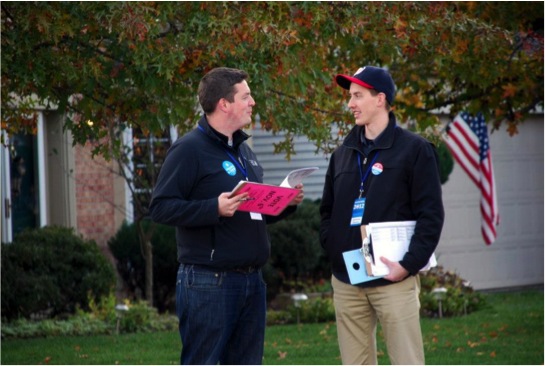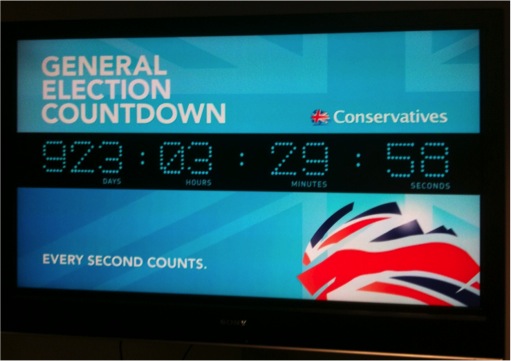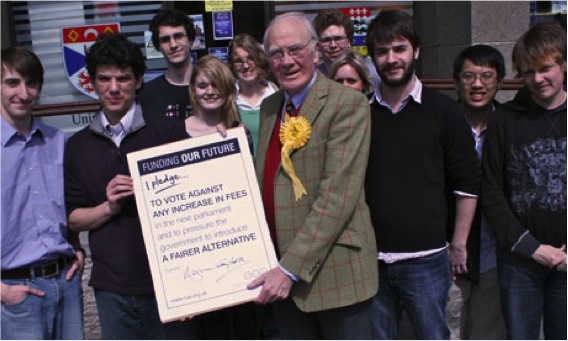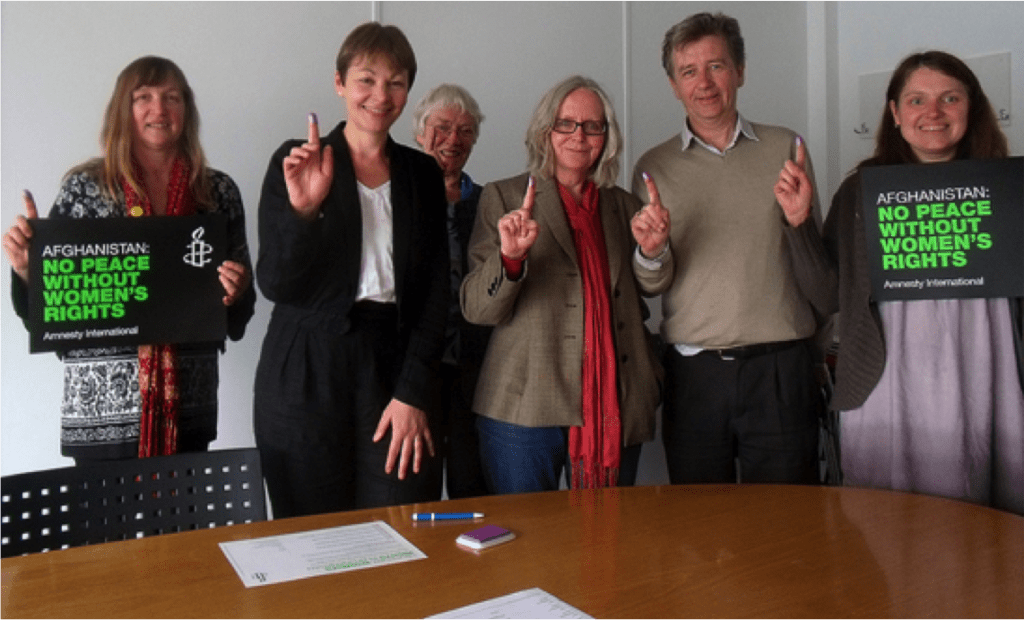I’m still digesting the full implications of the election results, but one (of the many) areas that I’m concerned about, is the space that charities and NGOs will have to speak out under the new government.
Remember those quotes about how charities should ‘stick to the knitting’, well that view just got more prominent in Government.
Now you might expect me to be an advocate for the importance of charities campaigning and I am. But looking across history I can see numerous example of how charities and NGOs have come together to push for change, as Ed Miliband rather eloquently put it during the election campaign;
And that’s the way change has always happened. Through people.
100 years ago, the trade unions joined together and campaigned for workers’ rights and they won.
70 years ago, the working people of our country joined together and campaigned for an NHS and they won.
40 years ago, working women joined together and campaigned to legislate for the principle of equal pay and they won.
20 years ago, the gay and lesbian community of our country joined together and campaigned for equality in law and they won.
And in all these movements and moments, when people asked who will fight this fight? They didn’t wait. They didn’t say it was up to someone else. They said “call on me”.
But one thing that could change over the next 5 years could be the space that charities and NGOs have to campaign. So what are the actual threats? Here are 4 potential challenges that every campaigner here in the UK needs to be concerned about.
1. Adjusting to the Lobbying Act – it’s now highly unlikely to be repealed and while Lord Hodgson is undertaking a review for the government of its impact (something we got thanks for campaigning) which could lead to some small changes, but the Lobbying Act is here to stay and we’ll need to adjust to it in future elections.
2. Reviewing CC9 – this is an important but little known piece of guidance that allows charities to campaign when they’re doing so in line with their charitable purpose. While the exact timetable is yet to be announced, expect it to happen in the next 12 months and don’t expect it to be a review that expands the space we have to campaign. This is going to be a critical fight.
3. Paying to protest – before the election, campaigners saw off a push from the Metropolitan Police to charge climate change campaigner to pay for the policing a peaceful march they were organising in Westminster. With further pressure on police budgets, expect to see the Police push this again. I’ve already heard of at least one event this could effect. While their are massive pressures on police budgets, it’d be a worrying precedent if we’re expected to pay to protest. With the London elections coming up, we need to be pushing for all the candidates to agree that the Metropolitan Police shouldn’t charge us for our right to protest.
4. Reporting on a charity’s total expenditure on campaigning activities – this was consulted on by the Charity Commission last year but they decided not to pursue it. Expect it to come back again, and while it might seem little like a small issue compared to the others above, my concern is that it could a) lead us to a situation like that in Canada where charities can only spend up to 10% of their income on campaigning activities and b) would mean charities have to spend more time to monitor this, potentially putting off smaller organisations from getting involved in advocacy, as they simply don’t have the capacity .
So what can be done about it?
- Become aware – all these threats are happening around us, become aware of them and start to think about the possible implications for your campaigning. If your on a board of an organisation that campaigns you want to be thinking about what these changes could mean for your organisation.
- Organise – campaigns are forming to respond to many of these challenge, and we know this works because it was thanks to campaigning on the Lobbying Act that we got some important concessions. Campaigners from a vast range of organisations need to get involved, campaigning on these issues, but its a classic example of a tragedy of the commons, we’re all affected by the changes but its not in any single organisations interest to campaign to stop the changes. If you in London, come along to this meeting on Monday 1st June to find out more about how we can organise together.
- Be prepared to stand in solidarity – not every campaigning organisation will affected by these changes. If you don’t organise marches, parliamentary lobbies or demonstrations you might not be concerned about pay to protest, but it’s the precedent that should concern us all. First it’s protests, but what next? Hand-ins? Parlimentary petitions? We need solidarity between campaigners on these issues, like we saw last year when concerns were raised about a tweet from Oxfam that led to 70 organisations signing onto a letter in The Times.
